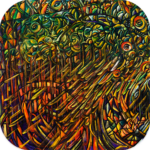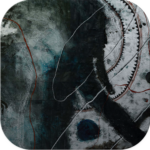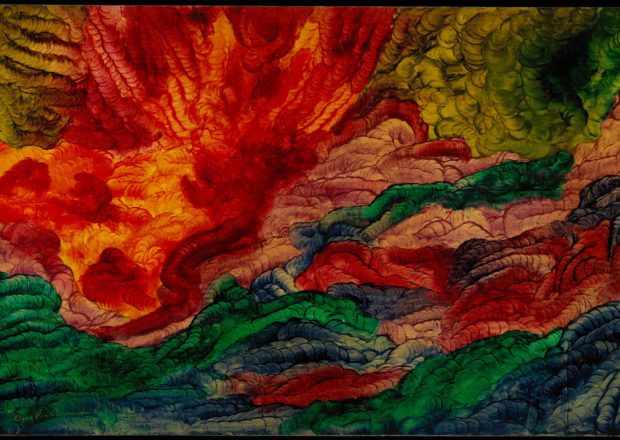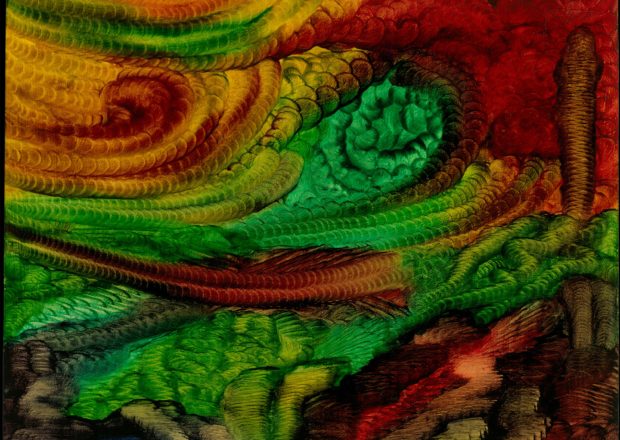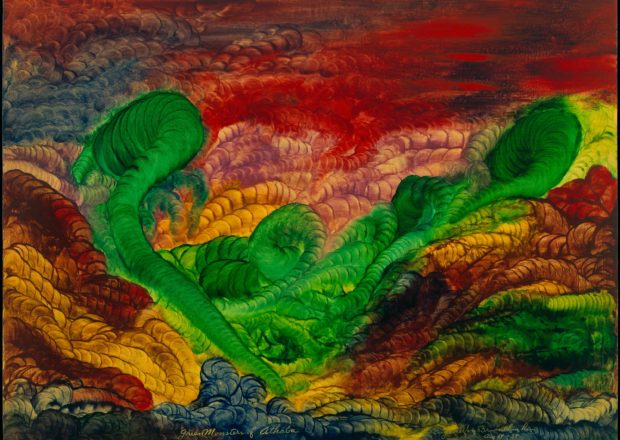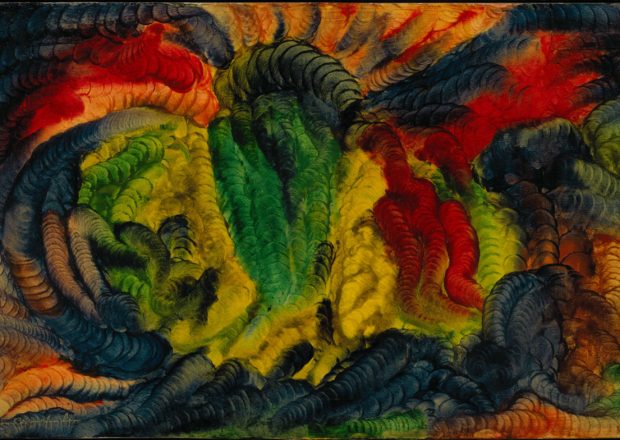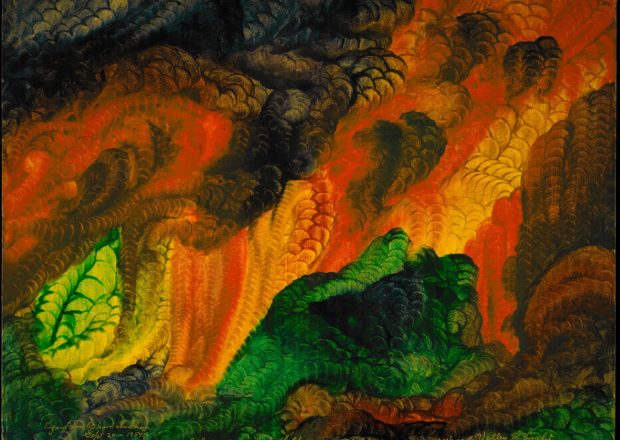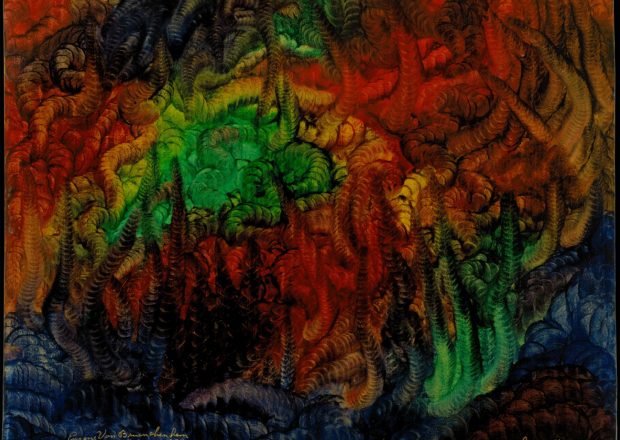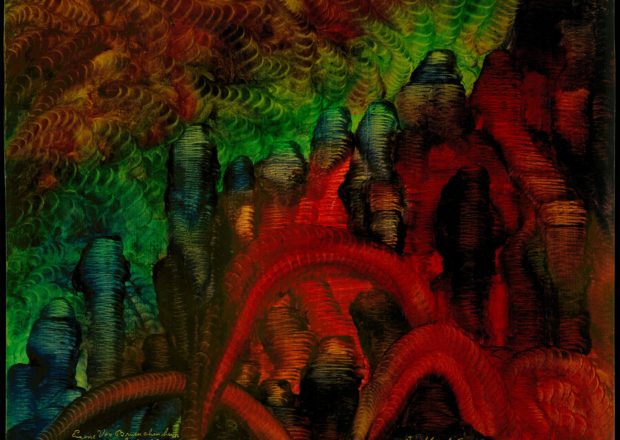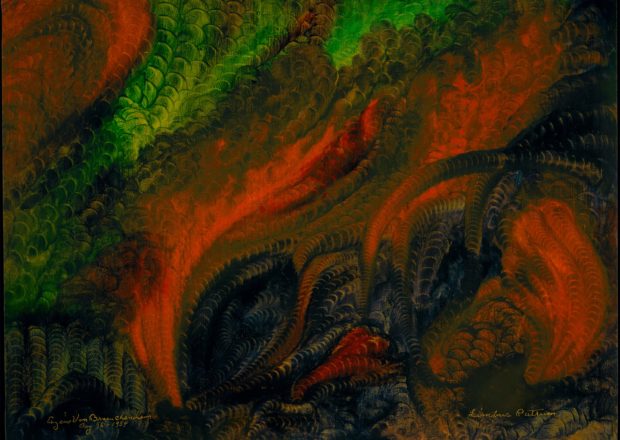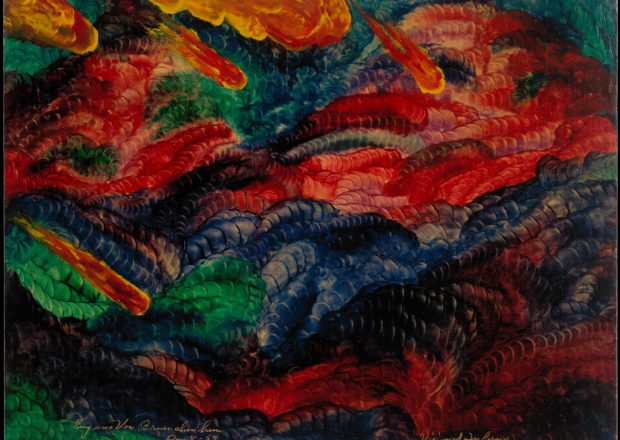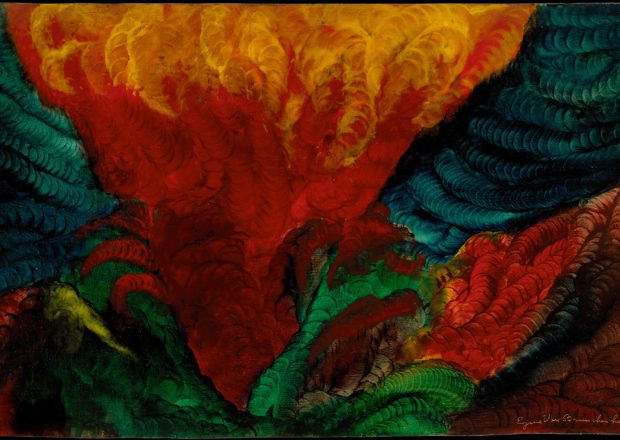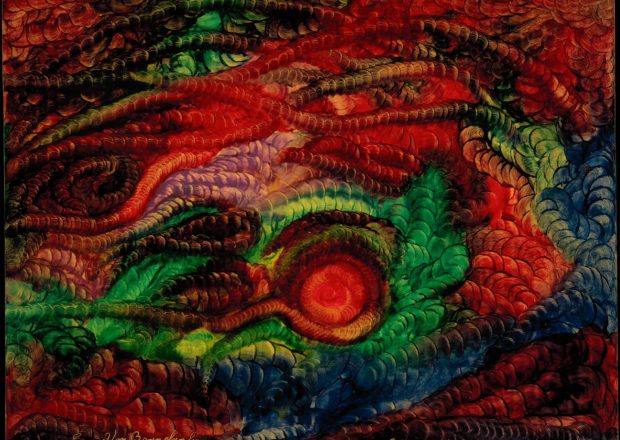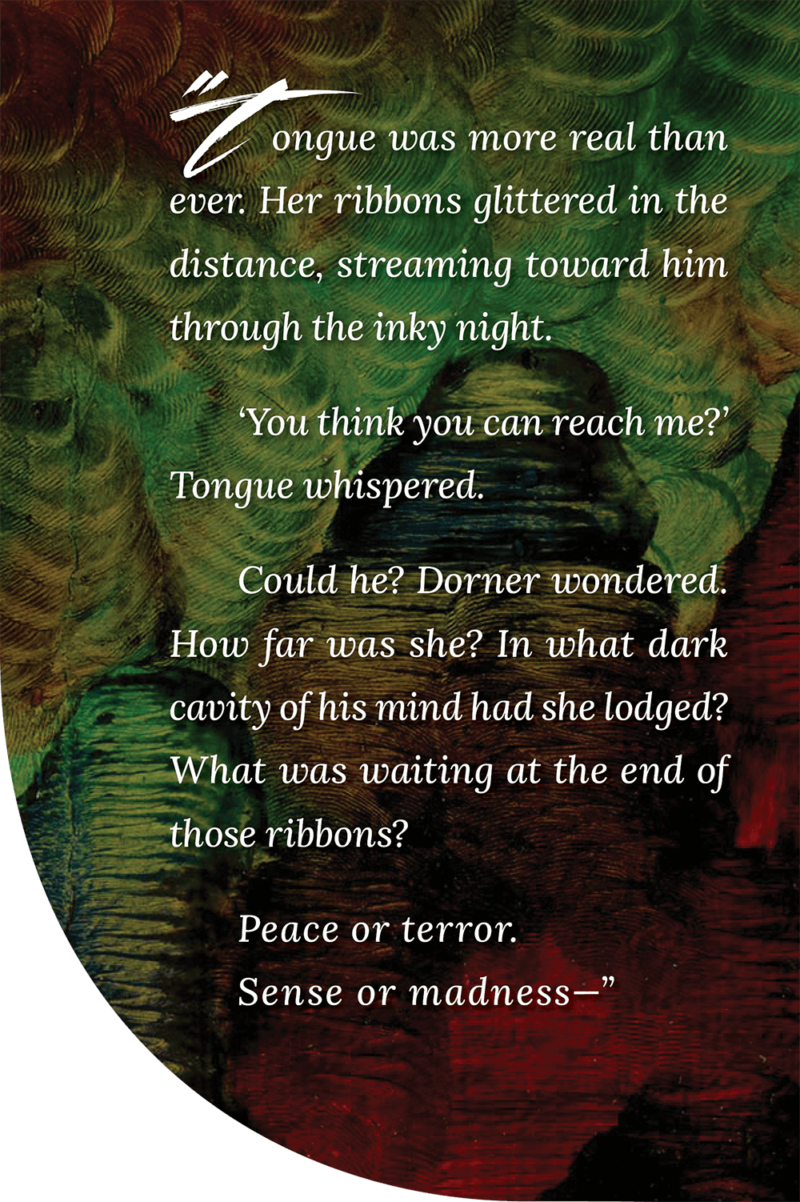
Rin, Tongue and Dorner
What if our inner voices revealed a tug-of-war between powers that secure us to reality and those that, for good or ill, want to hurl us away?
A new ice age has driven mankind to settlements at the equator. In Clemency—a metropolis sheltered inside a transparent dome surrounded by glaciers—Planning luminary Dorner hears female voices in his sleep. As the voices become more insistent, he seeks help from neuroscientist Rin, who runs tests to identify the location and import of this interior woman, who calls herself “Tongue.”
Rin’s increasingly invasive experiments help Dorner to visualize Tongue, until he’s able to fly through the cosmos of his brain and find the distant asteroid from which Tongue’s voices beckon and provoke.
Meanwhile, Rin and Dorner fall in love. Is Tongue an agent of change, bringing desire and passion to their lives, or is she Rin’s worst enemy? With Rin’s guidance, Dorner lands on the asteroid where Tongue reigns supreme, and explores a mysterious landscape of flames and human monuments—a realm of rapture and portent that threatens to undo them all.
With wild, hyper-metaphorical imagination and blazing insight, Shapero depicts the inner workings of human desire, probing the depths of our buried passions, and revealing their potential to annihilate us, or set us free.
About Rin, Tongue and Dorner
Q: Rin, Tongue and Dorner imagines a future in which humans are driven by the encroaching glaciers of a new ice age to live in a weather dome, “Clemency,” where citizens are encouraged to regulate “temp”—both temperament and temperature—for the sake of the colony’s survival. By the standards of our contemporary Western society, the strictures they follow are repressive.
RS: The people of Clemency have a difficult time adhering to them.
We would all prefer to believe that an enlightened outlook on desire will make it compatible with our social, familial and global objectives. That’s a pleasing idea. Unfortunately desire is fueled by thoughts of violence and transgression; by fantasies of domination and surrender; by a host of socially inappropriate thoughts.
It’s easy to look down from 30,000 feet and see the biological source of the problem. We’re designed, as a social species, to get along, to collaborate—to be colonial and tribal. But as individuals, we are designed to reproduce, and the machinery of desire is often antisocial by nature.
You wonder what it was like for our prehistoric ancestors. They must have struggled with that. They lived a tribal existence, and they probably had less sophisticated controls over their impulses than we do. Survival-wise, they were much more challenged than we are. Like the people who founded Clemency, they had to migrate due to the weather.
Q: Dorner seems to personify this conflict. His private fantasies become increasingly difficult to tamp down, especially once he meets Rin.
RS: Yes. I’ve pushed things to a ridiculous extreme to depict it, but I think we all feel the clash. Dorner has a thing about fire. Maybe this is the magic that will bring Rin to him.
The Music
The Art
Rin, Tongue and Dorner in the TooFar Media App
The multimedia version of Rin, Tongue and Dorner combines Rich’s novel with visionary paintings by Eugene Von Bruenchenhein and the captivating music of Elsiane.

Scan and download the TooFar Media App. Available on
iOS and Android.



